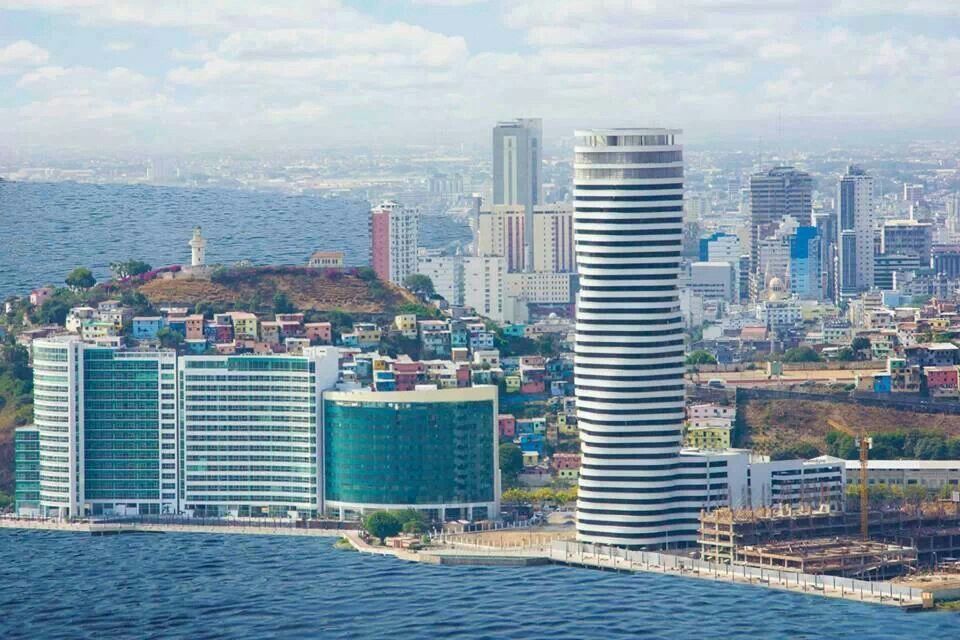RIO DE JANEIRO, BRAZIL – Ecuador hopes to boost productivity with the recent decision to reduce tariffs in several sectors, in a reform adopted by the center-right government that came into effect on Sunday.
This was stated by the Vice Minister of Production and Industries, Carla Muirragui, during a breakfast meeting with business people of the Official Spanish Chamber of Commerce and Industry of Quito. She assured that tariffs worth 180 million dollars had been eliminated.
It is, he said, “the largest tariff reform” that Ecuador has had in the last “about 12 years”, and which addresses issues that were pending and that “is focused on reactivation”.
Framed in Executive Decree number 68, the Government of Guillermo Lasso, which took office in May, wants to make a “comprehensive review” of the tariff system, “which does not mean lowering the entire tariff”, but “make corrections” in a period “of 6 or 8 months”.
For the time being, the measure affects the tariffs of 667 subheadings.

The reform seeks to “reduce costs and expenses” both in raw materials and in capital goods and inputs and will benefit 6,381 companies that employ some 560,000 people in 81 sectors.
The government has taken into account “the demands of the productive sectors”, “the transversality of the benefit”, “the existence of national production”, “the structure of the tariff,” and different “sensitivities”, according to the vice-minister.
The country already had a reform of this type in 2013 on safeguards issues, then another in 2019 to reduce tariffs on some 250 subheadings, and another in 2020 of 128 subheadings, and a smaller one last May.
Muirragui, who described how this measure will affect different sectors, urged the private sector to continue working with the Government to promote the reactivation of the national economy, which in 2020 contracted by 7.8% and is expected to grow by 2.5%.
To encourage growth, Lasso has given a boost to vaccination against Covid-19 and expects to have 9 million Ecuadorians inoculated by the end of August.
Carmen Sánchez, president of the Official Spanish Chamber of Commerce and Industry of Quito, considered that Ecuador is at “a key moment” in which “international eyes are on it” and “it is making a difference”.
“These measures that the government is betting on are viewed with optimism,” he said, recalling that “Spain remains the main customer and the main supplier by the European bloc.”
Moreover, “they help us to continue attracting investment, to energize the economy and make Ecuador an attractive destination for companies,” he concluded.
The reforms planned by the government, according to Muirragui, also contemplate a review of the “quality policy”, which will include among other things “a comprehensive reform of the technical regulations”, to encourage productive activity on the one hand and on the other to defend the consumer in matters of “health and safety”.
The government will also review all administrative procedures in the production sectors.

